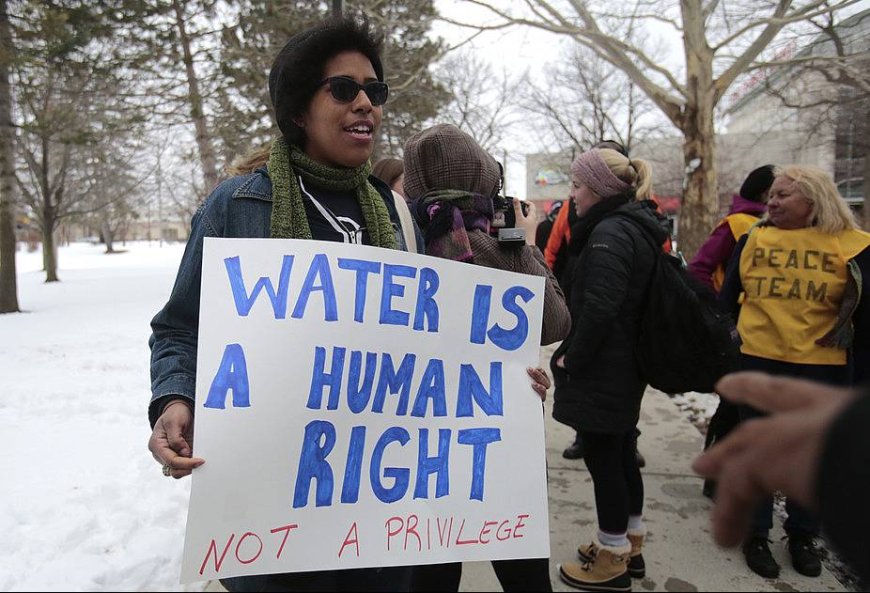This is important since a new study published in The Guardian shows that over 25 million Americans drink water with pollution levels far beyond the permissible level. In order to maintain potable water standards in the United States, the country's water infrastructure needs urgent renovation. When compared to other US states, Alaska has the highest percentage of its population (5.75 percent) that lacks access to safe drinking water. New Mexico (1.6%), Arizona (0.9%), and Maine (1%) follow behind.
Hispanics and people of colour in the United States are more likely to consume water that has been tainted, according to a survey of more than 140,000 government water networks in the United States. In cities where 25% or more of the population is Latino, the amount of drinking water pollution is twice the limit of other parts of the United States. The dangerous levels of lead in water have plagued water infrastructure systems in cities like Flint and Newark for the last decade. This is just one of the numerous challenges that coloured communities face.
Not too long ago, when the water crisis hit the city of Jackson, Abre' Conner, director of Environmental and Climate Justice, said that the way the water crisis was handled was part of a long history of mistreatment and neglect of black communities that cost the lives of men, women, and children. "As our infrastructure continues to age and the effects of climate change worsen, we will experience crises like the Jackson crisis not only in Mississippi but in predominantly black communities across the country," he said.
Climate change, high inflation, and a protracted economic recession have all contributed to a deteriorating water system in the United States. In a time when inflation and the financial crisis have made it more difficult for Americans to meet their living expenses, the price of water bills and other services is also rising, so that, according to a US Department of Labor report, household water and sewage expenses have increased by nearly 50% in the last ten years.
During the Jackson water crisis, Jackson Mayor Chokwe Antar Lumumba said fixing the city's water system could cost more than $1 billion. In September 2022, the water crisis in Jackson, Mississippi, resumed, with Biden declaring it an emergency. The state capital, which has a majority African-American population, is dealing with grave social woes on multiple fronts.
By: M. Sharifi













































